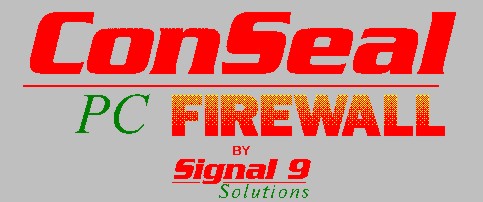|
INTERNET SECURITY TERMS
|
|
Denial-of-service (DoS) attack
|
Flooding an IP address with data, causing computers to crash or lose their connection to the Internet. Most DoS attacks are aimed at large Web servers, with the objective of rendering the target site unavailable to visitors.
|
|
Distributed denial-of-service (DDoS) attack
|
Using multiple computers to launch a DoS attack. A hacker comandeers several outside computers and uses them as platforms to launch the attack, magnifying its intensity and cloaking the hacker's identity.
|
|
Hacker
|
Someone who deliberately gains access to other computers, often without a users knowledge or permission. Malicious hackers do this to steal valuable information, disrupt service, or cause other damage
|
|
IP (Internet Protocol) address
|
The identifying number of a computer or other device. Two machines connected directly to the Internet cannot have the same IP address at the same time. Computers with static IP addresses (most systems with DSL or cable modem connections) always use the same IP address; those with dynamic addresses (most systems with dial-up connections) are assigned a new IP address each time they log onto the Internet.
|
|
Personal Firewall
|
Software that keeps unauthorised users from accessing a stand-alone PC. It also prevents malicious programs from sending data out.
|
|
Port
|
An electronic connection that allows data to travel between a client PC and a server over a network.
|
|
Port scan (or port probe)
|
Data sent by a hacker over the internet to locate a PC or network and determine whether it has open ports that will accept a connection.
|
|
Stealth mode
|
A protective setting that hides a port so it isn't visible over the internet. A port that has been put into stealth mode will give no reply to a port scan, thereby providing no evidence that a computer exists at the scanned IP address.
|
|
Trojan horse
|
A malicious program masquerading as something harmless, usually an e-mail attachment or a download that you open and run. A Trojan horse opens your computer to incursions by a hacker.
|

